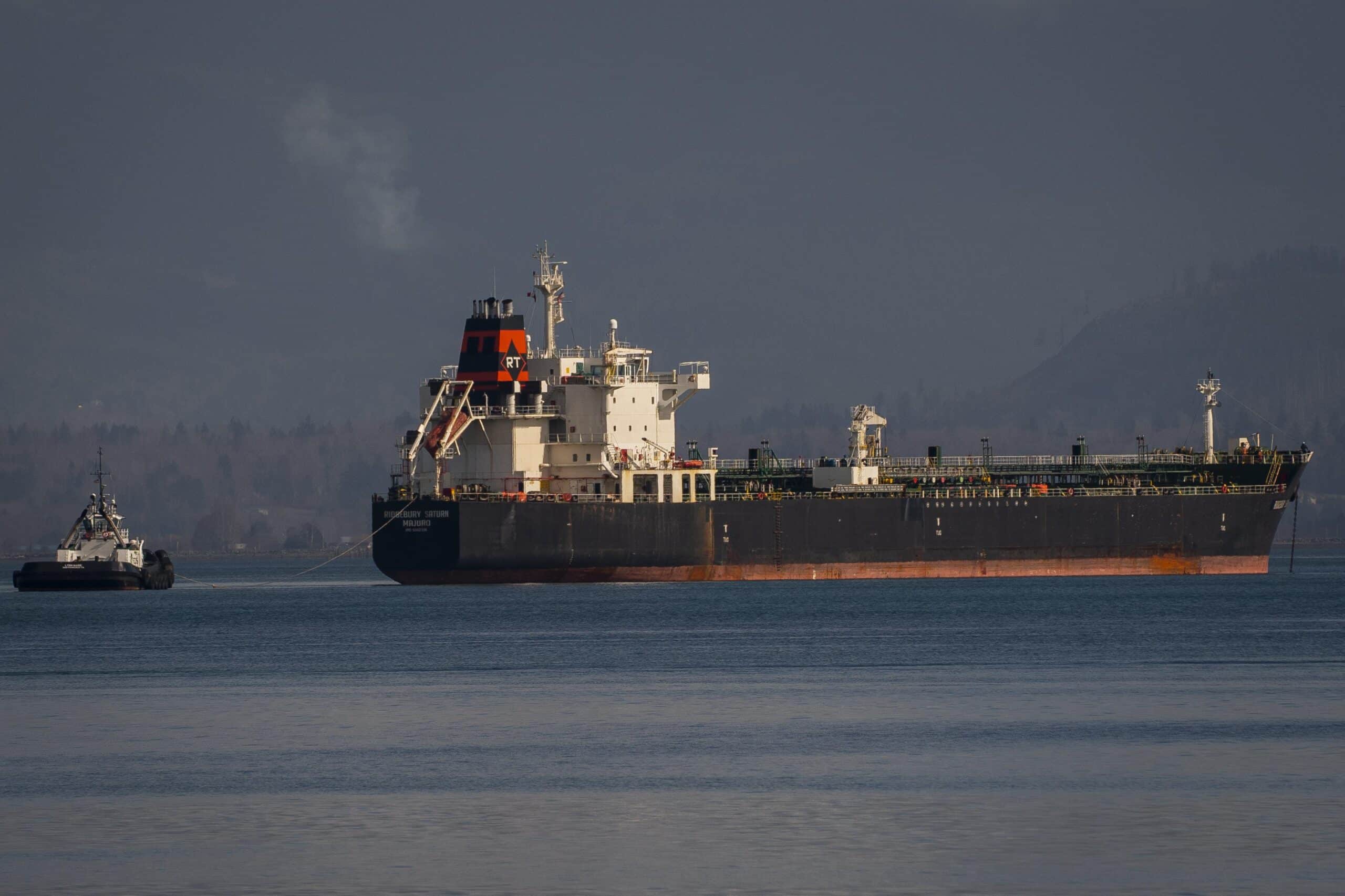EU Introduces Toughest Sanctions on Russia, Impacting Oil Sector

The European Union has announced a significant new round of sanctions against Russia, marking one of its strongest responses since the onset of the war in Ukraine nearly four years ago. The sanctions include a reduction in the oil price cap, a ban on transactions related to the Nord Stream gas pipelines, and expanded measures against Russia’s shadow fleet of vessels. This move comes as European nations seek to bolster military support for Ukraine amid ongoing conflict.
New Oil Price Cap and Pipeline Ban
The EU has lowered the oil price cap from $60 to $45 per barrel, aiming to further diminish Russia’s energy revenues, which are crucial for funding its military operations. EU foreign policy chief Kaja Kallas emphasized that this reduction is part of a broader strategy to increase pressure on Russia until it ceases its aggression in Ukraine. The previous cap of $60, imposed in 2023, had minimal impact as much of Russia’s crude oil was already selling below that threshold. The EU hopes that the new cap will more effectively strain Russia’s financial resources.
In addition to the oil price cap, the EU has implemented a ban on transactions involving the Nord Stream gas pipelines, which have been rendered inoperable following a major sabotage incident in 2022. This ban is designed to prevent any future revenue generation from these pipelines, further tightening the economic noose around Russia. The sanctions package also includes measures targeting Russia’s banking sector, limiting its ability to raise capital and conduct international transactions.
Expansion of Sanctions Against Russia’s Shadow Fleet
The latest sanctions package expands restrictions on Russia’s shadow fleet, which consists of vessels used to circumvent existing trade restrictions. Over 100 additional ships have been added to the EU’s blacklist, reflecting a concerted effort to cut off alternative trade routes for Russia. This move follows a previous round of sanctions in May, which blacklisted nearly 200 vessels suspected of aiding Russia’s efforts to evade sanctions. The EU’s actions signal a commitment to maintaining pressure on Russia’s maritime operations.
The sanctions also target specific entities, including two Chinese banks, which have been implicated in facilitating transactions for Russia. Additionally, the Russian oil giant Rosneft’s refinery in India has been affected by the new measures, indicating the EU’s intent to disrupt Russia’s energy partnerships beyond Europe. This comprehensive approach aims to limit Russia’s economic capabilities and its ability to sustain military operations.
Challenges in Implementing Sanctions
Despite the EU’s determination to impose sanctions, reaching consensus among member states has become increasingly challenging. The latest sanctions package faced opposition from Slovakia, which relies heavily on Russian gas and expressed concerns about potential supply cuts. This highlights the complexities involved in coordinating a unified response to Russia’s actions, especially among nations with varying degrees of dependence on Russian energy.
Since the onset of the war in Ukraine on February 24, 2022, the EU has imposed sanctions on over 2,400 individuals and entities, including government officials, banks, and companies. These measures have included asset freezes and travel bans aimed at crippling Russia’s economic infrastructure. However, as the conflict continues, the EU faces ongoing challenges in maintaining a united front and effectively implementing sanctions that can significantly impact Russia’s economy.
Observer Voice is the one stop site for National, International news, Sports, Editor’s Choice, Art/culture contents, Quotes and much more. We also cover historical contents. Historical contents includes World History, Indian History, and what happened today. The website also covers Entertainment across the India and World.

